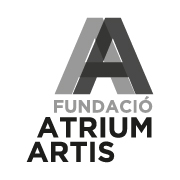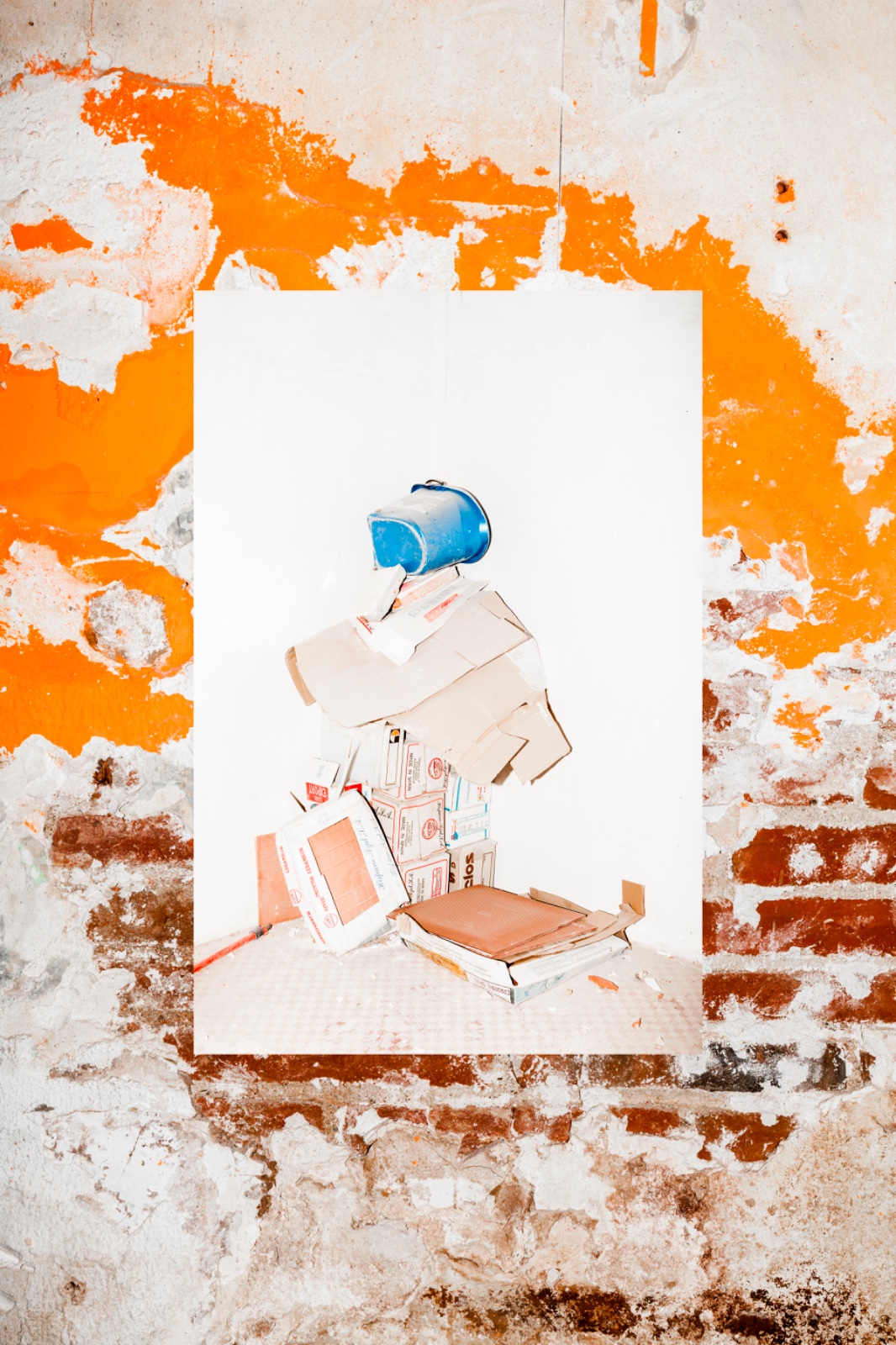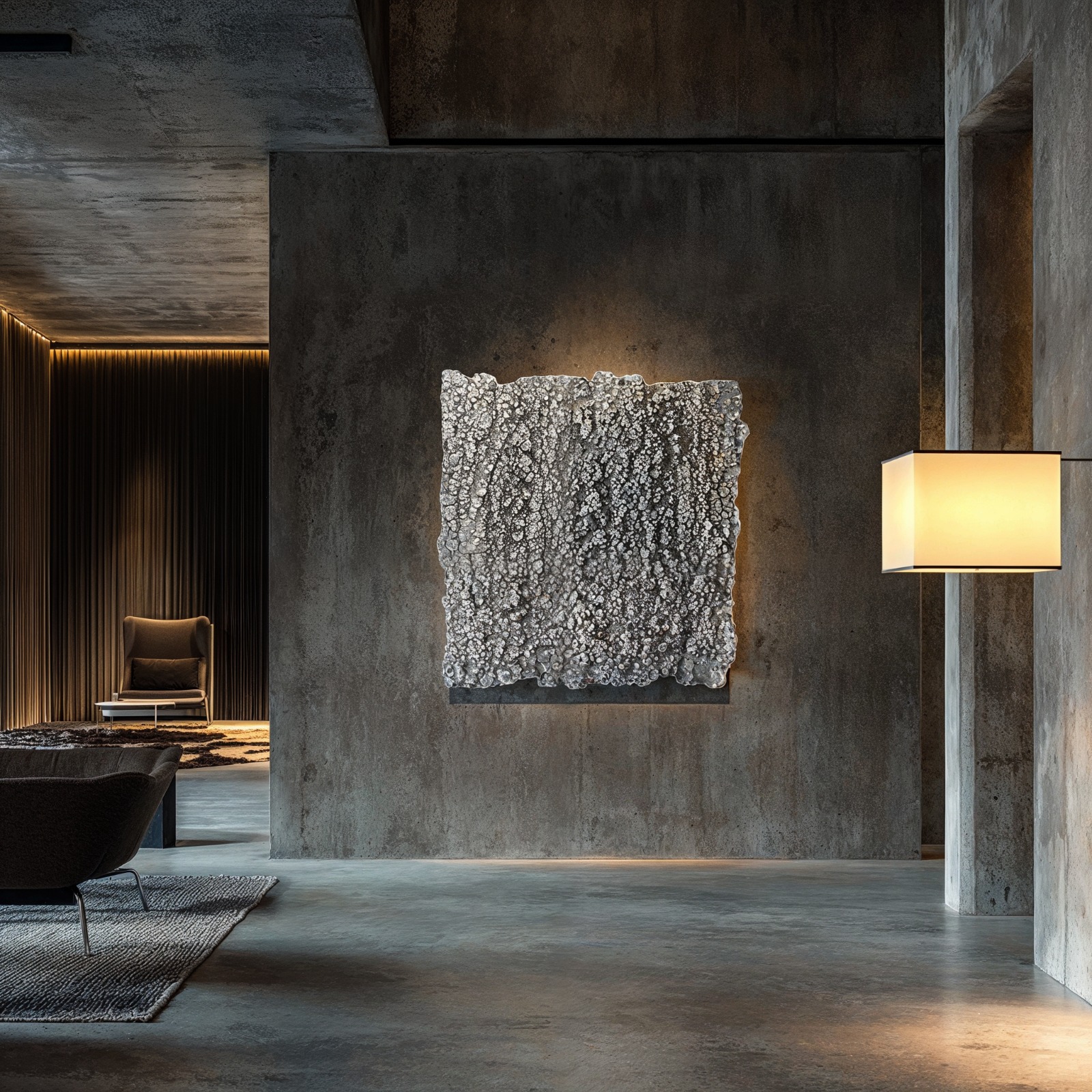reports
Artificial intelligence in architecture: challenges and opportunities for the future
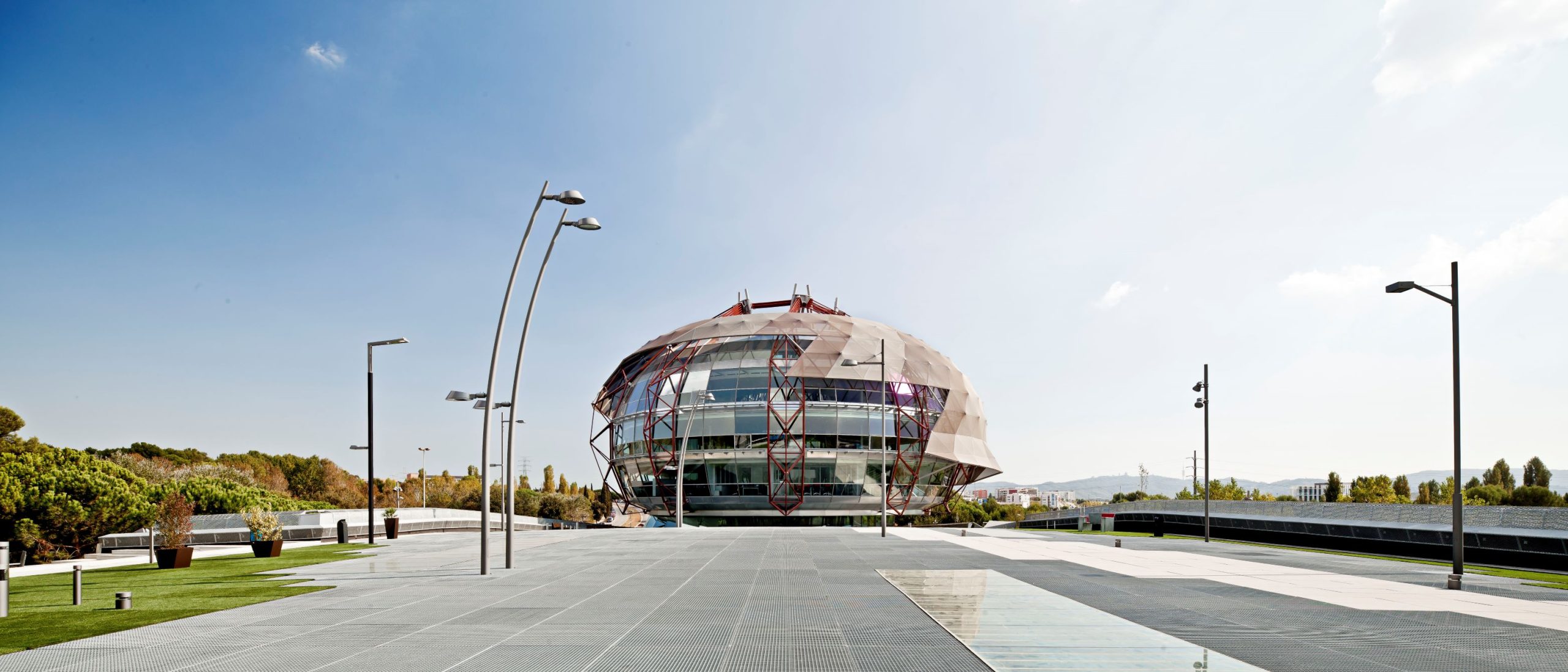
In this moment of accelerated transformation, artificial intelligence (AI) has become a key technology with a profound impact on multiple disciplines, including architecture. Its ability to optimize processes and automate tasks has captured the interest of the sector, but it has also raised fundamental questions about the evolution of the profession. How can we integrate these tools without losing the creative, technical and cultural essence that characterizes architecture?
One of the most significant challenges is to address the implications of digitalization in the labor market. AI systems capable of automatically generating plans, renderings and reports pose the risk of profoundly modifying traditional roles within professional teams. This invites us to reflect: can machines replace human intuition and creativity, or are they a complement that enriches architectural work? According to Tetiana Klymchuk, AI director at Sabentis, “companies need more training in AI because it can make their day-to-day work easier, but many are not ready to understand it, especially in data preparation.” The comment highlights the need to adapt the architectural sector to the use of this resource, but always ensuring that the essential values that define the profession are maintained.
In addition, the debate on intellectual property is becoming increasingly important. Generative tools can produce innovative designs, but who owns them? The question forces us to rethink the legal and ethical frameworks that regulate architectural creation. And, although architecture maintains a strong analog component, this reality also offers a unique opportunity to explore an enriching coexistence between technology and human creativity. AI does not aim to replace the architect, but to free him from repetitive tasks so that he can focus on his more conceptual and innovative dimension.
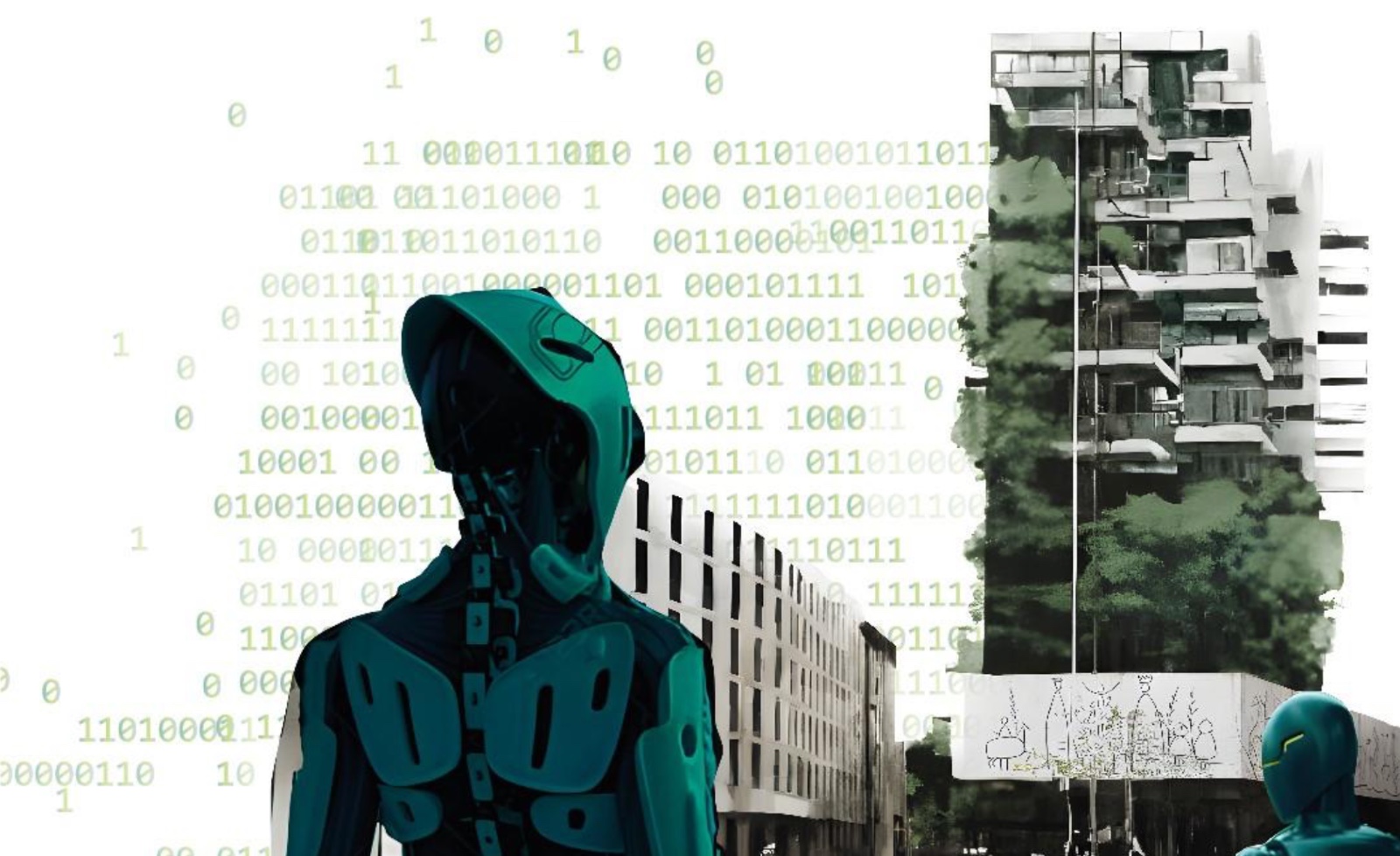 Imatge per a les jornades organitzades pel COAC 'La intel·ligència artificial en l'arquitectura'. © Sergi Huerta
Imatge per a les jornades organitzades pel COAC 'La intel·ligència artificial en l'arquitectura'. © Sergi Huerta
The issues presented have been central to the conferences organized by the College of Architects of Catalonia. The first edition, held last year, established a space to analyze the challenges and possibilities that AI presents in the architectural field. This year, the second cycle has delved into the practical, cultural and ethical implications of its implementation, consolidating itself as an essential forum for addressing the future of the sector. The meetings have allowed professionals to reflect together and share ideas on how to incorporate AI in a responsible way, preserving the human values that define the discipline. As one AI expert pointed out, “technologies must be put at the service of people, contributing to improving their quality of life and avoiding their misuse through education and regulation”. This approach underlines the need for a responsible approach that puts people at the center of digital transformation.
Architecture, after all, is a discipline that combines art and science, functionality and emotion. Remembering Vitruvius with his firmitas, utilitas, venustas, the duality between solidity, functionality and beauty remains the essence of good architectural design. Artificial intelligence can become a powerful tool to enhance these values, as long as it is used responsibly and with a vision for the future. It is the challenge and, at the same time, the opportunity that lies before us.




